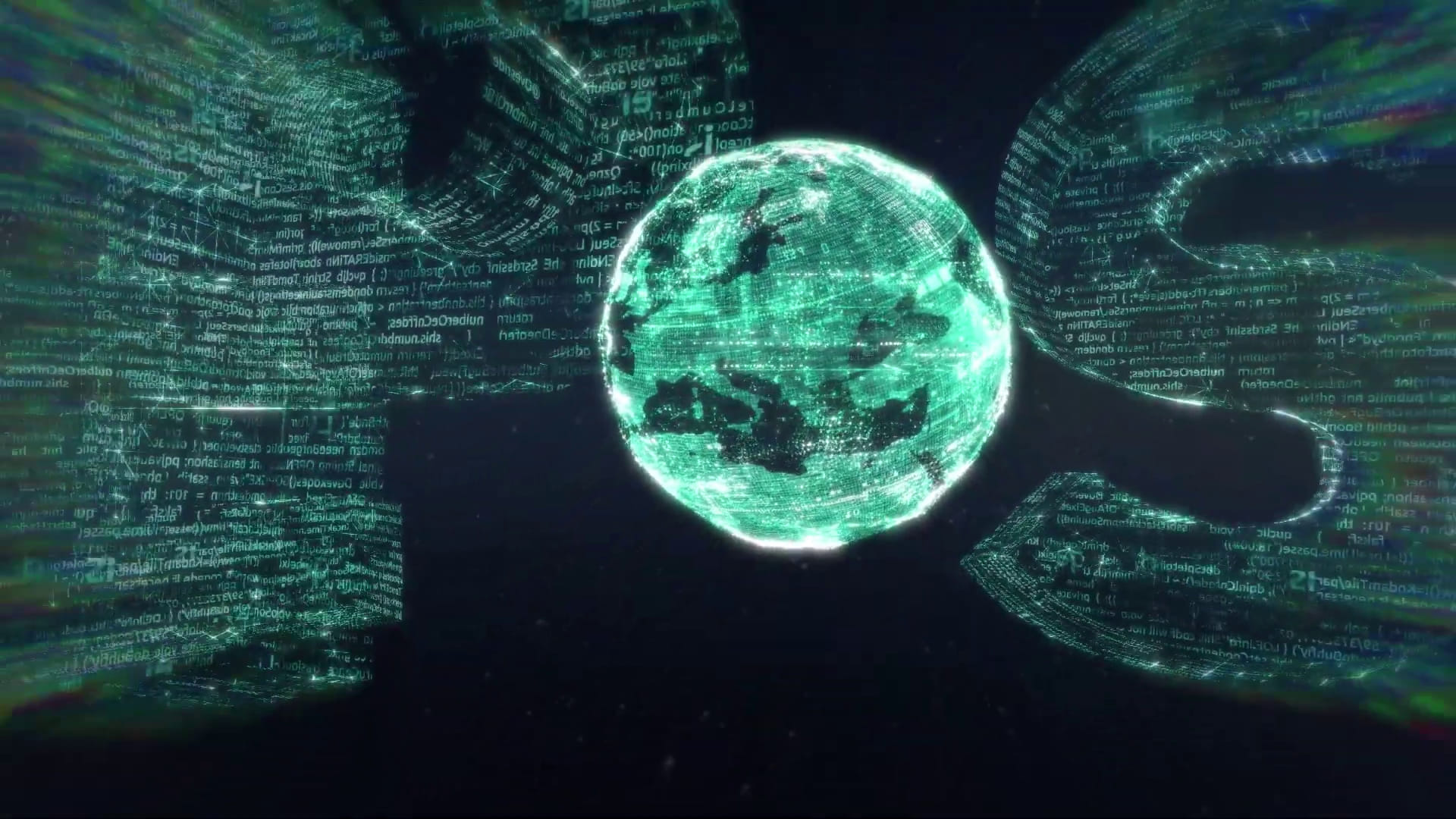
The EPOS Data Portal launch is happening this month!
Visit EPOS - European Plate Observing System for further info and check out the new supporting videos (including a profile video of one of our TCS AH members 🤗) to learn more.

Visit EPOS - European Plate Observing System for further info and check out the new supporting videos (including a profile video of one of our TCS AH members 🤗) to learn more.
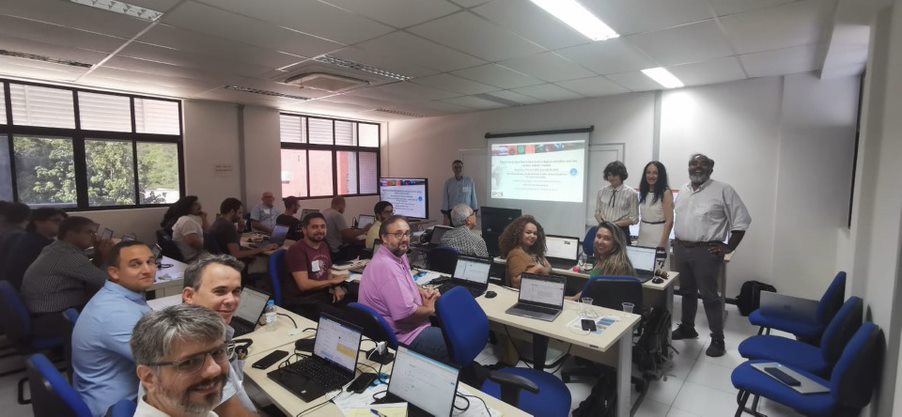
On February 2nd and 3rd, 2023, the representatives of EPOS Thematic Core Service Anthropogenic Hazards from the Institute of Geophysics Polish Academy of Sciences had the pleasure of holding the 1st 2023 EPOS TCS AH workshop at the Federal University of Rio Grande do Norte in Natal in Brazil. The workshop, hosted by the Seismological Lab, Department of Geophysics UFRN, was entitled "Seismicity induced by human technological activities and the related seismic hazard." The event grouped twenty-one participants with diverse experiences from four universities, the Geological Survey of Brazil, and the private sector (Veneto Consultoria em mineração, JMC - Yamana Gold, Braskem Bairros).
Activities within the framework of the workshop included introductory lectures and discussions on anthropogenic seismic processes and related hazards and risks. However, most of the workshop time took hands-on training on the EPISODES platform. By processing the data from the episodes available on the platform using software implemented there, the participants were solving predefined data analysis problems for anthropogenic seismic hazard assessment. At the same time, they learned about the platform's technical content and got to know how to work on it successfully.
The lectures and the training were held by Beata Orlecka-Sikora, Łukasz Rudziński, and Stan Lasocki, with the assistance of Helena Ciechowska (IG PAS) and the support of Aderson do Nascimento (UFRN).
The participants very well evaluated the workshop. The trainers were asked to consider repeating such a workshop as a side event of the geological conference in Rio de Janeiro in the fall of this year.
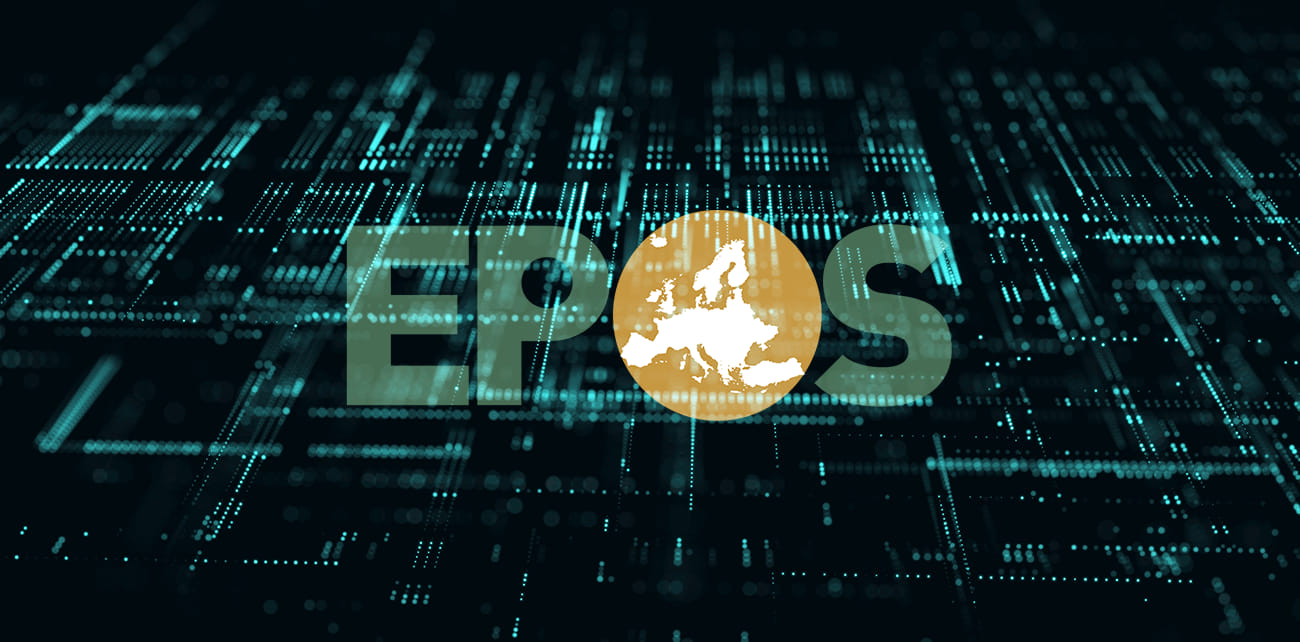
After over a decade in the making, the EPOS - European Plate Observing System Data Portal will be officially launched next month and presented at the European Geosciences Union - EGU.
Join us at the event on April 25, 19:00 CET
EGU General Assembly 2023
Room E2 | Austria Center Vienna
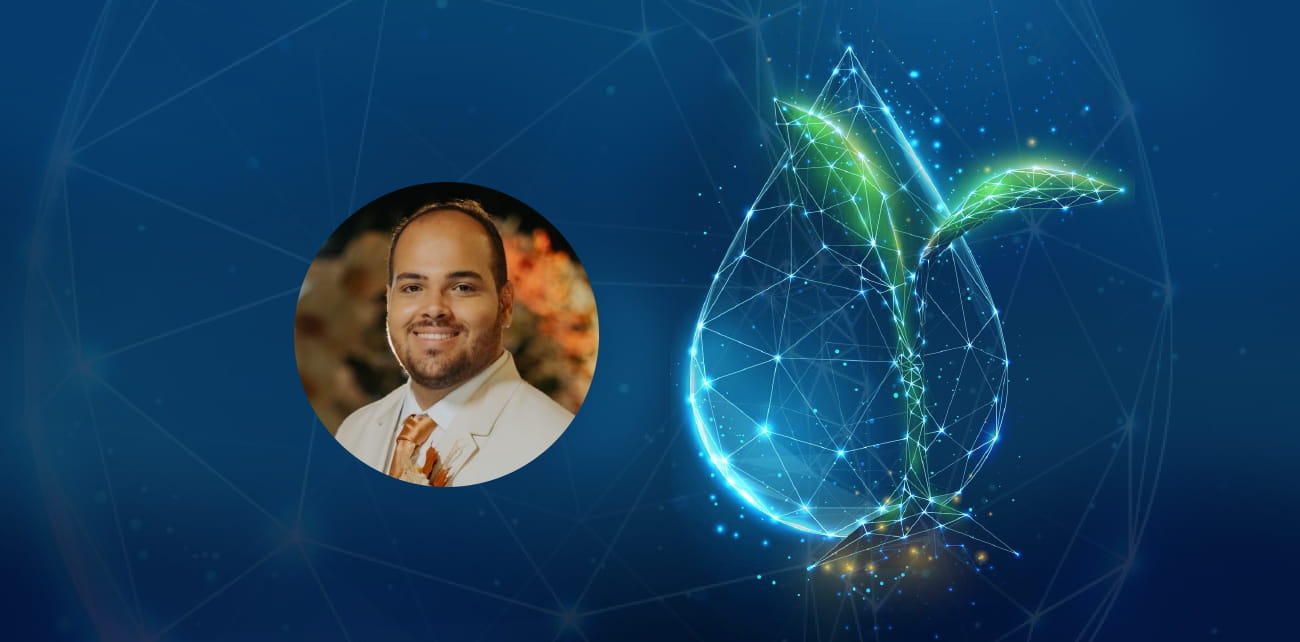
José A. S. Fonsêca (Ph.D. student at UFRN / Brazil) says: In Brazil, at the same time it concentrates the largest percentage of drinking water in the world, it is not exempted from geohazards such as induced earthquakes and risks of contamination. For instance, on the one hand triggered events have been already recorded with magnitudes as large as 4.2 mb in the past. On the other hand, in recent years a collapse of a tailing dam caused death of people and severe contamination of a watershed, whose recovery capacity is still a matter of debate. This draws not only attention to facilities stability but also to societal safety, once poorly built buildings are not rare, and the distribution of potable water is not equal. In this regard, the key word is “monitoring”. Once it is not possible to predict any occurrence of disaster, geohazard monitoring plays a paramount importance for intelligent water reservoirs usage. Measurements of humidity, soil vibration, displacements, spatial-temporal analysis, and many other observations help to increase the understanding of the problem, thus mitigating potential threats to society and environmental impacts.
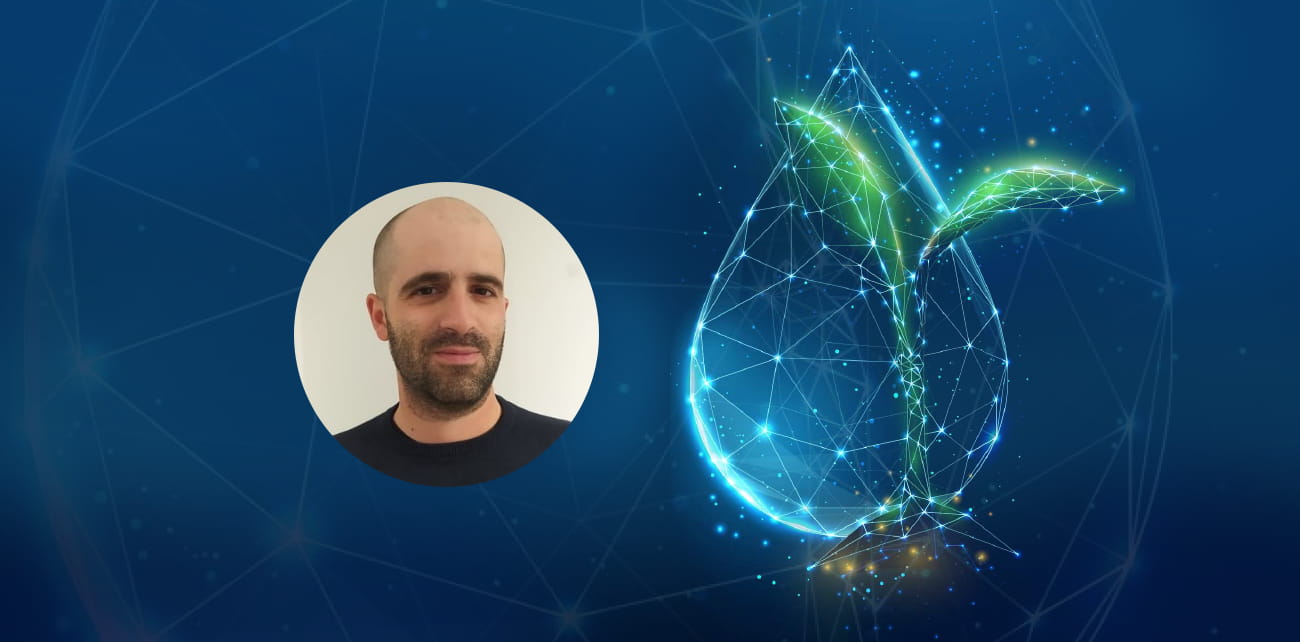
The critical role of water as a renewable energy source, via the operation of hydroelectric power, attracts also the attention of geohazard analysis due to the triggered seismicity caused by reservoir impoundment. In Greece, there is a number of hydroelectric power plant complexes located around the greatest rivers of the country amounting to about 9% of the total production of the Public Power Corporation, while the artificial lakes provide water for some large cities and support a healthy ecosystem. At the same time, reservoir impoundment is known to trigger seismic responses, usually in the form of weak and moderate magnitude earthquakes, but can be also related to the triggering of strong ones.
In 1966, immediately after the impoundment of the Kremasta lake, a destructive earthquake of M>6.0 occurred, leading to an intense aftershock activity in an area that was seismically active but had not experienced a M6.0 earthquake for over 200 years. Similarly, the reservoir impoundment of three lakes in the Aliakmonas river complex between 1974 and 1985 led to an increase of seismicity, and in 1995, an MS6.6 earthquake occurred about 20 km away from the Polyphyto dam in an area of historically low seismicity rates, that had not experienced such a magnitude for centuries. Both earthquakes led to loss of life and thousands of destroyed or severely damaged houses and infrastructure. Cases like those highlight the fine balance between the benefits of clean hydropower energy and geohazard risk management when working towards a sustainable and environmentally responsible energy future.
Anastasios Kostoglou (Greek)– Research Assistant (IGF – PAS)
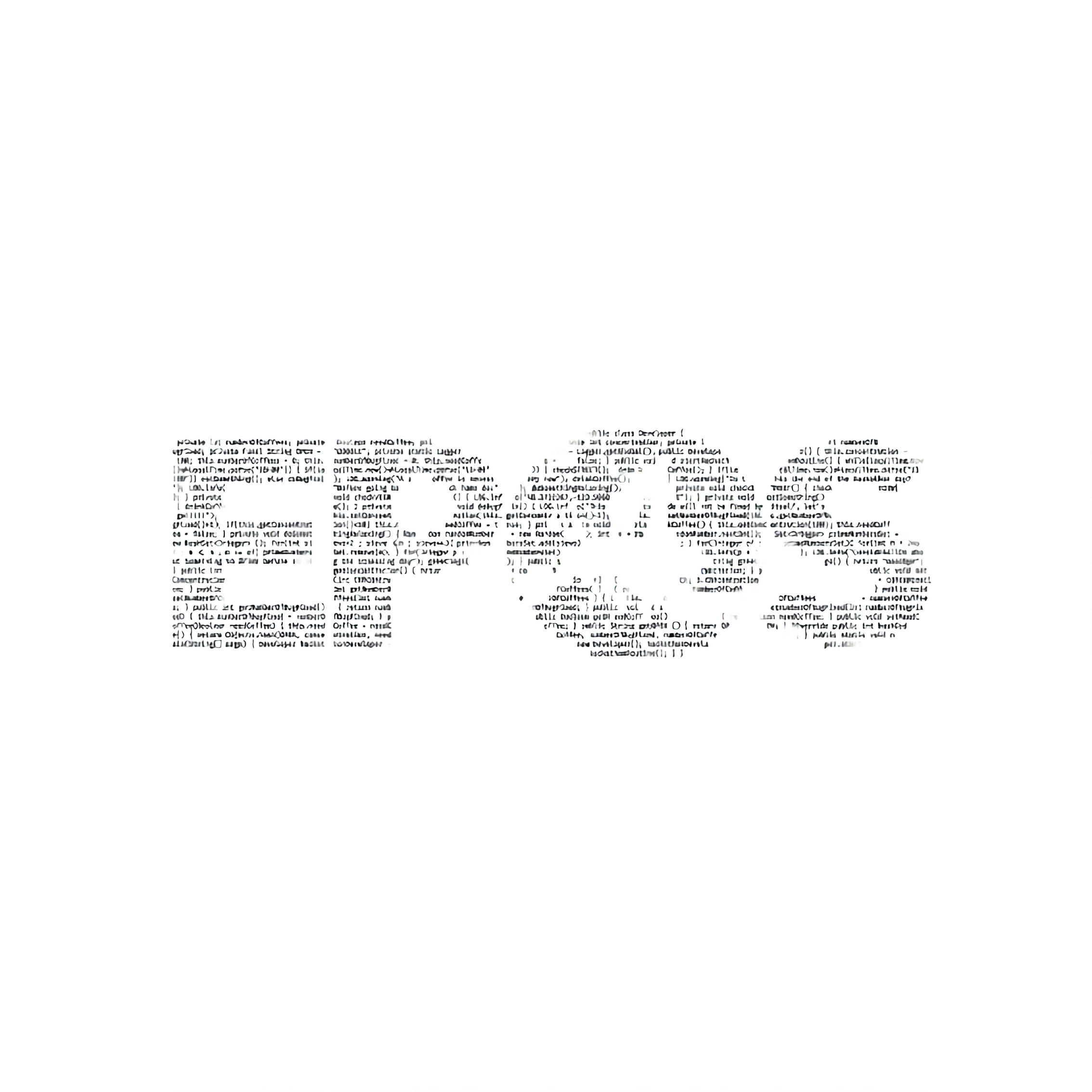
We are glad to announce that EPOS Research Infrastructure will reveal its novel Data Portal to the scientific community at the European Geosciences Union - EGU 2023.
⏰ Don't miss the EPOS Townhall on April 25 at 19:00 at the Austria Center Vienna and participate to the activities that will take place at the EPOS booth (Exhibition Gallery Green Level 1 - 111/112/113) from April 24 to 28 to experience the Data Portal.
https://meetingorganizer.copernicus.org/EGU23/meetingprogramme/4917


Fab day of outreach in celebration of International Day of Women & Girls in Science with #NewcastleCommon #appetitestoke Keele Geography, Geology and the Environment and others!
Pics here show induced seismicity education in action (matching Anthropogenic Hazards EPISODES platform graphics to their names and definitions).
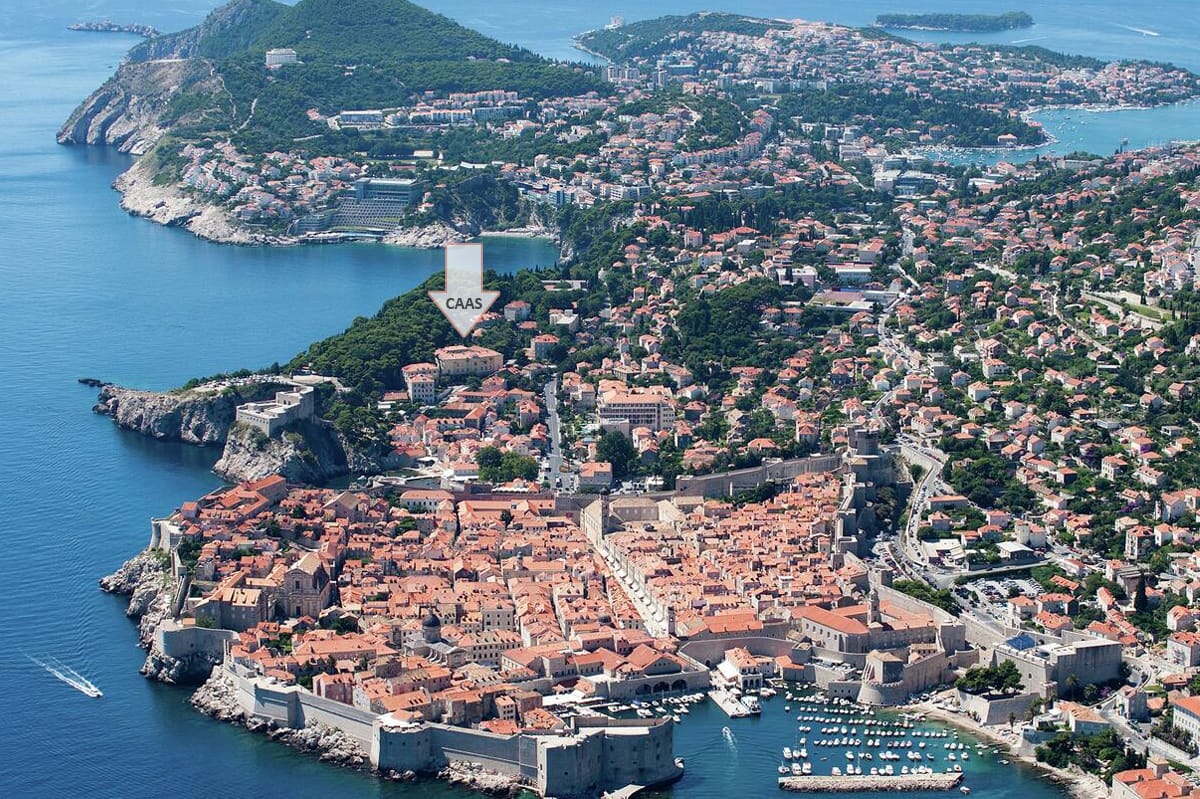
The workshop is partly supported by ORFEUS & EPOS within the EPOS SP project (Grant Agreement No 871121) and locally organized by the Department of Geophysics, University of Zagreb, Faculty of Science.
The deployment of temporary AdriaArray stations started in June 2022. Since then, about 65% of the planned ca. 400 temporary stations have already been installed. The intention of the workshop is to discuss the status of AdriaArray and to define research topics within the AdriaArray initiative.
Plenary sessions will focus on the geodynamic framework of the central Mediterranean, on methodical challenges, as well as on data access and data quality control. Breakout sessions are planned on seismicity, body wave tomography, ambient noise and surface wave tomography, waveform tomography, receiver functions, seismic anisotropy as well as on creating geodynamic test models.
The meeting will be held at the Centre for Advanced Academic Studies (CAAS) of the University of Zagreb in Dubrovnik (Pile), Don Frana Bulića 4, near Old City.